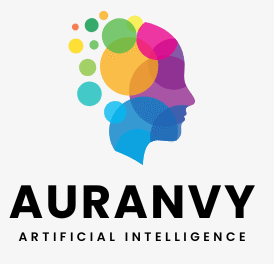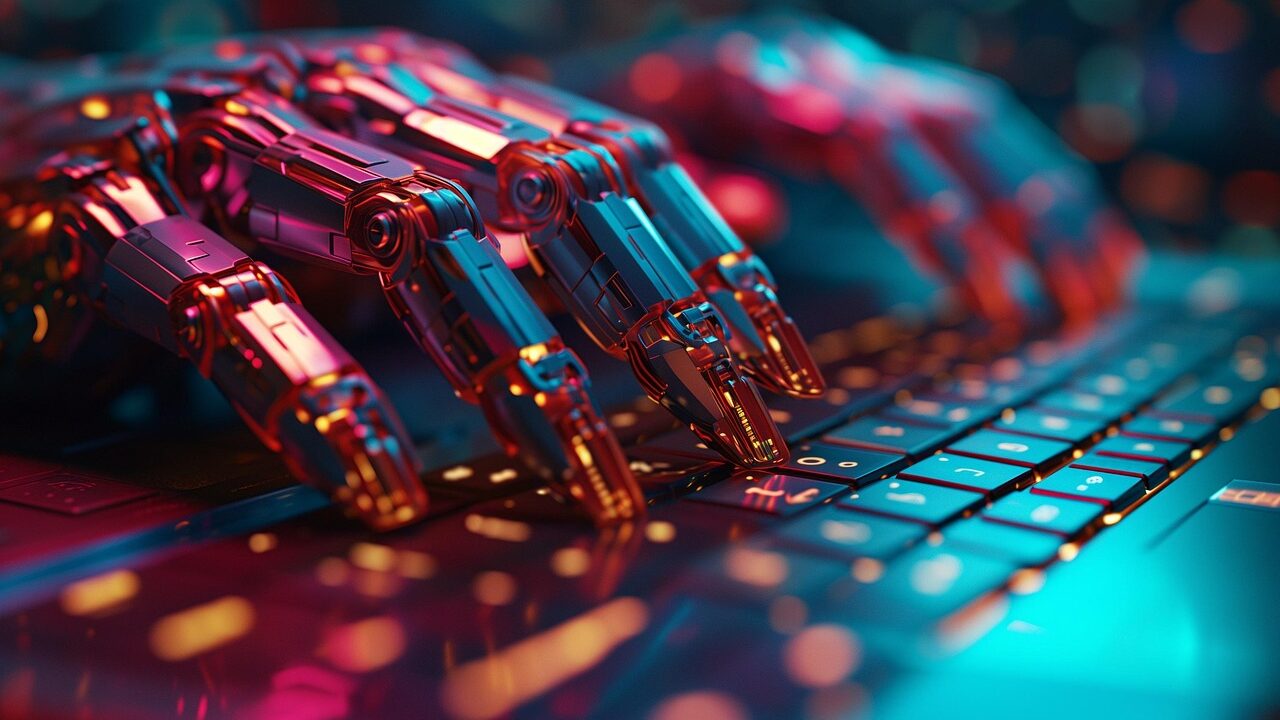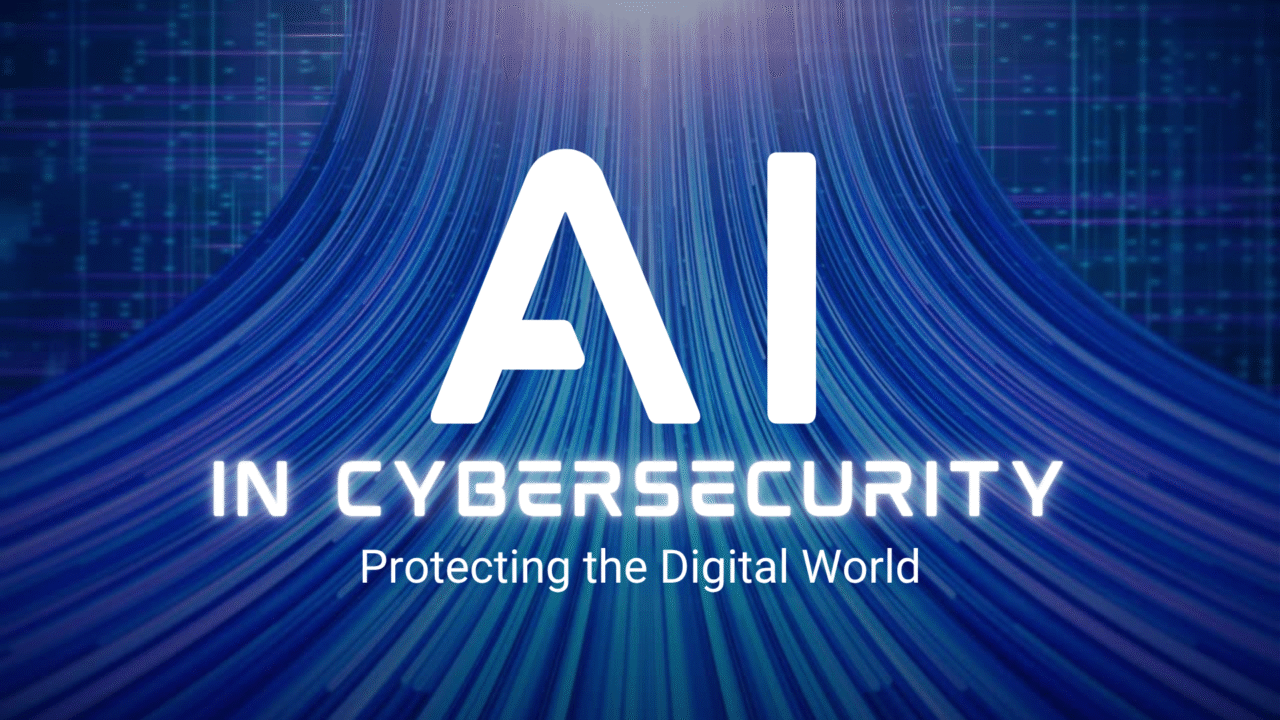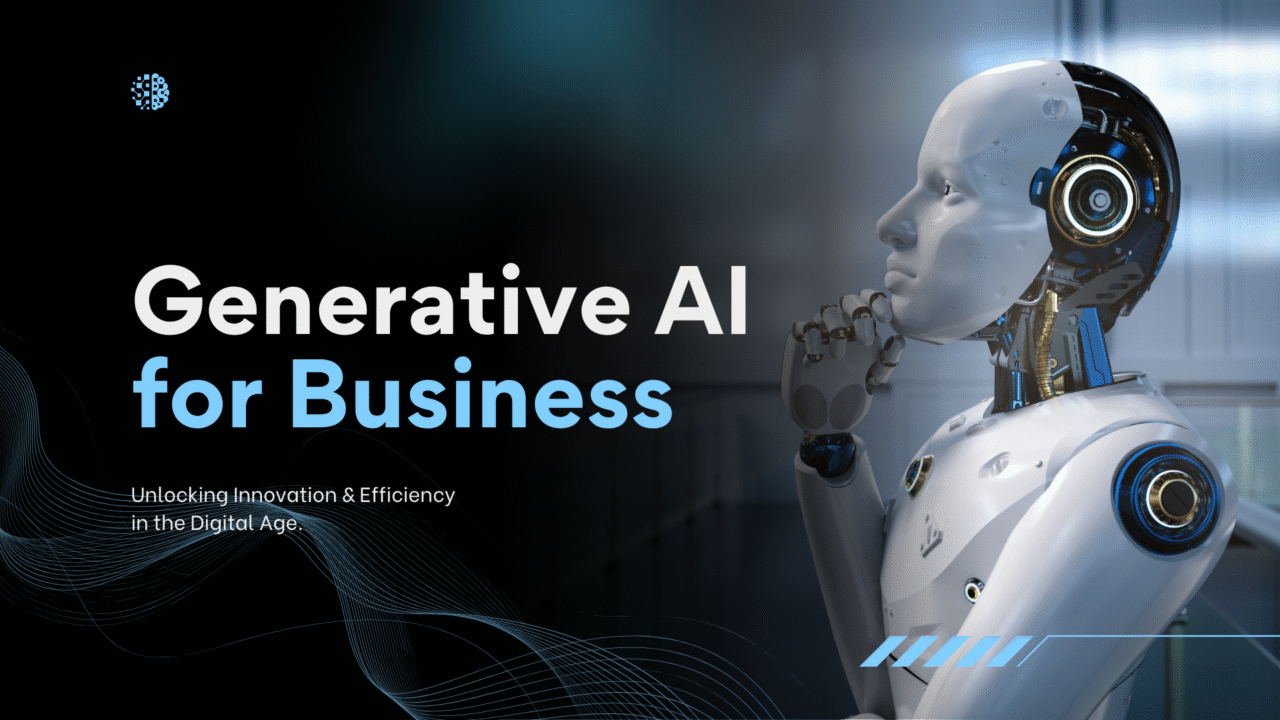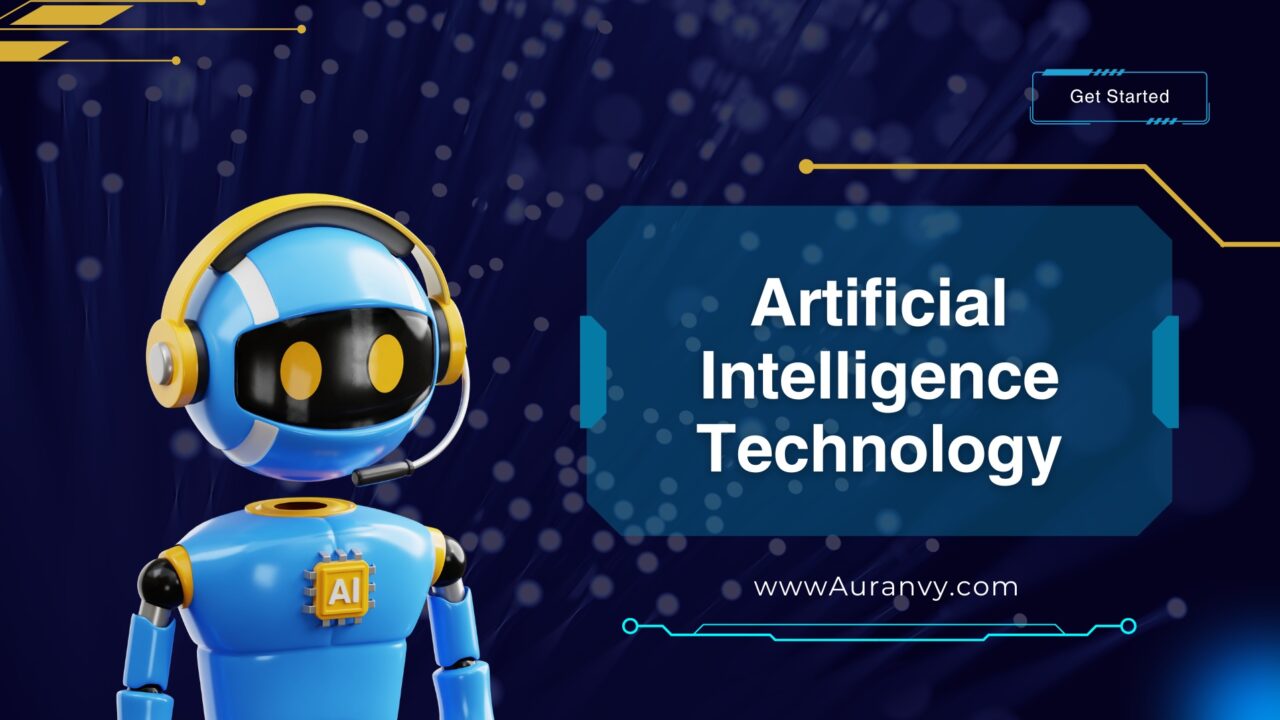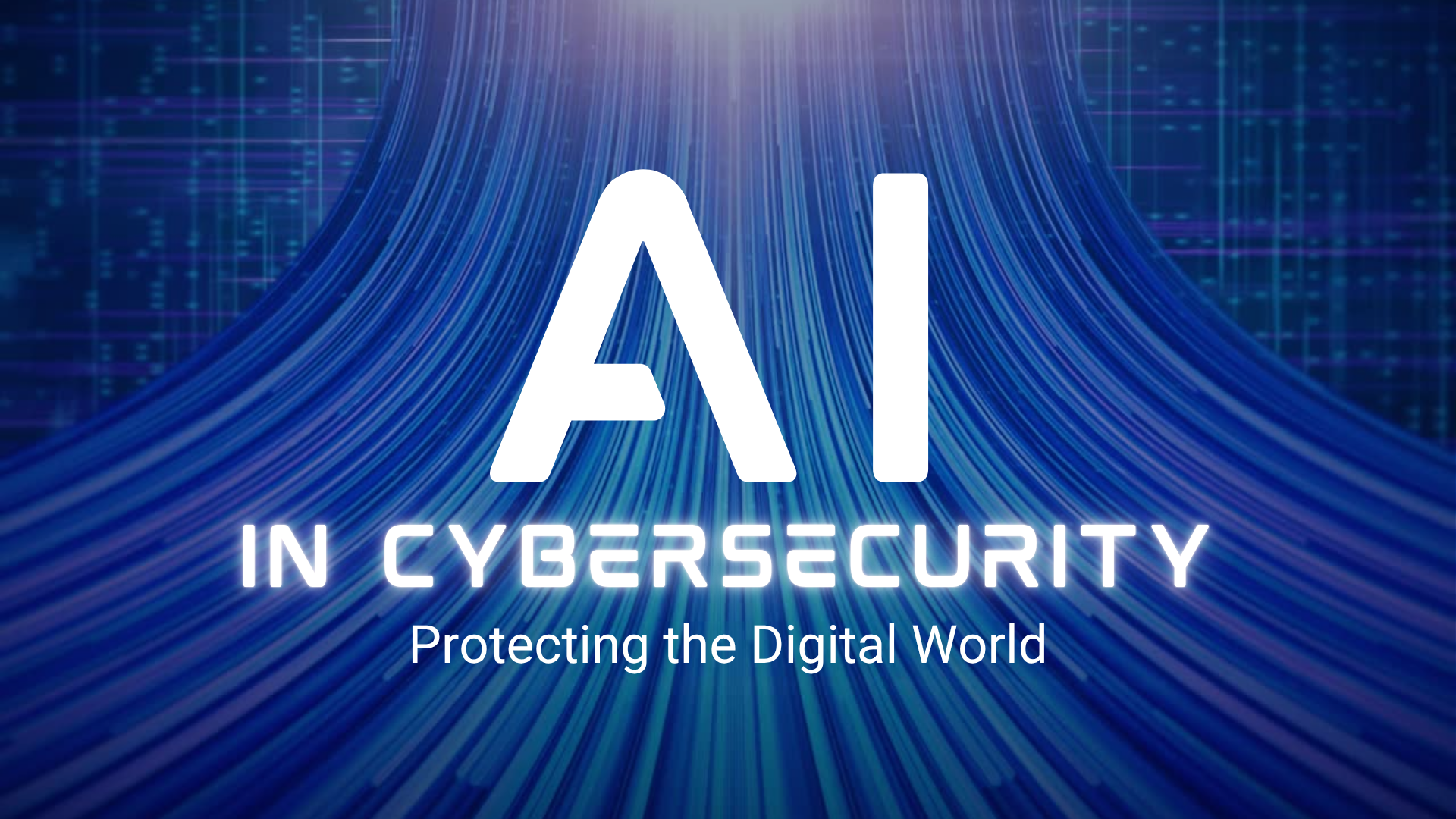Table of Contents
ToggleThe Future of AI in Cybersecurity: How Smart Technology is Keeping the Bad Guys at Bay Online
Future Of Ai In Cyber Security. These days, in our modern society, everything is network-connected—our phones, computers, smart TVs, and some fridges! But with all this connection comes a big challenge: protecting our data, and with it our personal information, from cyberattacks. Cybersecurity fills in that gap.
But every day, cybercriminals are becoming more sophisticated. Insider threats, indeed, have become increasingly sophisticated as they employ innovative or advanced means to obtain unauthorized access to systems. To keep pace, we must now have something smarter still: Artificial Intelligence (AI).
In this blog, we’re going to delve into what the future holds for AI in cybersecurity, how it is already being utilized, what evolutions are on the horizon, and lastly why it matters to everyone, from large corporations to the average guy on the internet
What’s Artificial Intelligence (AI)?
Before we get started, let’s quickly explain what AI is.
AI is computer technology that can “think” and “learn” like a human. Or it doesn’t have feelings and thoughts the way that we do, but it can look for patterns, learn to make decisions and get better with practice, using data that it’s been supplied with. AI is what makes things like voice assistants (like Siri or Alexa), facial recognition, and self-driving cars possible. In cybersecurity, AI helps identify and stop cyber threats faster and more efficiently than a human can.
Why Cybersecurity Needs AI ?
Future Of Ai In Cyber Security refers to the practice of safeguarding systems, networks, and programs from digital attacks or unauthorized access. But with millions of users and billions of devices connected to the internet, it is a big task. Here is why A.I. is becoming so important:
More data than humans know what to do with:
Every second of every day, thousands of online actions are taking place — emails that need to be sent, online gaming interfaces that must keep up with users, file uploads and downloads. There is no way human teams can cover everything in real time.
Cyberattacks are getting more sophisticated:
Hackers are employing sophisticated tools and tricks to camouflage their activity. They can generate false emails, replicate websites, or penetrate computer networks without being detected for days.
We require quickened response times: A cyberattack can breach data or disrupt systems within minutes. AI can react in real time when it spots something suspicious.
How AI Helps in Cybersecurity
Detecting Threats Early
AI can detect anomalous behavior, such as someone logging into your account from another country or a sudden upturn in file downloads. It’s not long before it has raised a red flag over this activity.
Consider A.I. as a digital guard that looks at everything, all along the way. It never sleeps, tires or skips details.
Faster Decision Making
When A.I. identifies something dangerous, it can react within seconds. For instance, it can ban the user, disassociate the device, or notify the security team.
This rapid response helps to halt cyberattacks before they cause substantial damage.
Reducing False Alarms
Traditional cybersecurity mechanisms frequently over-warn — about benign activities as well. This can be overwhelming or daunting for IT teams.
AI only learns from previous data and gets better with each iteration. It grows smarter at distinguishing between real threats and the ordinary.
Finding Hidden Patterns
AI can examine data from many sources — emails, servers, websites — and connect the dots between events that humans might call a false match, and that can uncover attacks that are more sophisticated and nuanced.
Real-Life Uses of AI in Cybersecurity
Many companies and tools already use AI in their security systems. Here are some examples:
- Email protection: AI filters spam and phishing emails, which try to trick you into clicking bad links or sharing passwords.
- Antivirus software: AI-powered tools detect malware (bad software) before it spreads.
- Behavior tracking: AI keeps an eye on user behavior. If someone suddenly starts copying large files or logging in at strange times, the system takes action.
- Network security: AI monitors data traffic and spots suspicious activity across entire networks.
The Future of AI in Cybersecurity: What’s Coming Next?
Possibilities are endless yet exciting in the future of AI in cybersecurity. As the technology evolves, it will contribute further to keep our digital lives secure.
1. Fully Automated Security Systems
In the near future, we might see cybersecurity systems that require minimum human interaction to function. AI workers will automatically monitor, detect, and prevent attacks. This situation can be helpful for small businesses who need to pay an arm and leg for IT workers.
2. AI versus AI: A Cybersecurity Fight
Criminals have started employing AI for the creation of smarter and speedy strikes. For instance, AI could be made use of to send out phishing emails or probe a system for its weak points.
That means AI will fight AI-good bots fighting bad bots. Cyber-experts will have to remain a step ahead.
3. Predicting Attacks Before They Occur
AI processes cybercrime data from the past to predict future types of attacks. For example, it may observe that certain forms of companies are being targeted or that attacks increase during the holidays.
With this consideration, the organization can prepare beforehand—beginning with changing passwords, going a step further with security layers, or just tightening monitor checks.
Challenges and Concerns About AI in Cybersecurity
Future Of Ai In Cyber Security .While AI offers lots of advantages, it is still not fully perfect. There are a few concerns to ponder:
- Data Privacy
AI needs to be fed with huge amounts of data if it is to perform optimally. However, this raises direct questions: Who controls this data? Is it being used in a safe way? Are the privacy rights of the users considered?
Companies must ensure that the AI systems comply with data protection laws and ethical standards.
- Cost and Complexity
AI tools are expensive and have a complicated setup, particularly for a smaller enterprise. A shortage of experts with knowledge of both cybersecurity and AI remains.
- Over-Reliance on AI
The AI system is powerful but is not a magic bullet. It makes mistakes, forgets a threat, or might be fooled by really skilful hackers. Human oversight remains primary.
- AI in the Wrong Hands
And just as AI can be used to defend systems, it can also be used to attack them. If hackers use AI to design smarter malware or create fake identities, the havoc could be greater and more difficult to stop.
The Role of Humans in an AI-Driven Cyber World
Keeping in mind, AI is an important tool, but it will never be a replacement for a human. Future Of Ai In Cyber Security will always be needed to:
(1) Make decisions in tricky situations
(2) Investigate complex threats
(3) Provide ethical guidance and oversight
(4) Teach AI systems how to improve
Likewise, in the future, the idea of humankind and AI working hand-in-hand will be espoused, instead of one replacing the oth
How Do You Actually Keep Yourself Safe Online?
Look, all the fancy gadgets and high-tech apps in the world won’t save you if you’re out here using “password123” for everything. Seriously. So, here’s the real deal:
– Pick passwords that aren’t stupidly obvious. Like, don’t use your dog’s name unless your dog’s name is a 16-character mess of nonsense.
– Turn on that two-factor thing everywhere they let you. Yes, it’s annoying. No, you won’t regret it.
– If you get an email that looks sketchy, just don’t click. Don’t download anything weird either. Phishing is still a thing, shocker.
– Update your software. Stop hitting “remind me tomorrow” for the tenth day in a row. Those updates actually fix stuff.
– Grab an antivirus program that’s not garbage. Bonus points if it uses some kind of AI wizardry.
Bottom line? If you pay attention and don’t make it easy for hackers, you’re way less likely to end up as the next sad story on Reddit.
Final Thoughts: Embracing a Safer Future with AI
Now, AI in cybersecurity? Honestly, it’s like having a digital bloodhound sniffing out trouble before you even know it’s there. Hackers try to pull a fast one, AI’s on their tail. That’s cool and all, but let’s not get carried away. This isn’t some superhero movie where the robot saves the day and we all go home. Nah, you still need folks who actually know what they’re doing, keeping an eye on things, making the calls.
Bottom line: AI’s a game changer, no doubt. But it’s not magic. Use it smartly, use it ethically, and—maybe most important—don’t forget the human factor. Together, we might just keep the bad guys on their toes.
